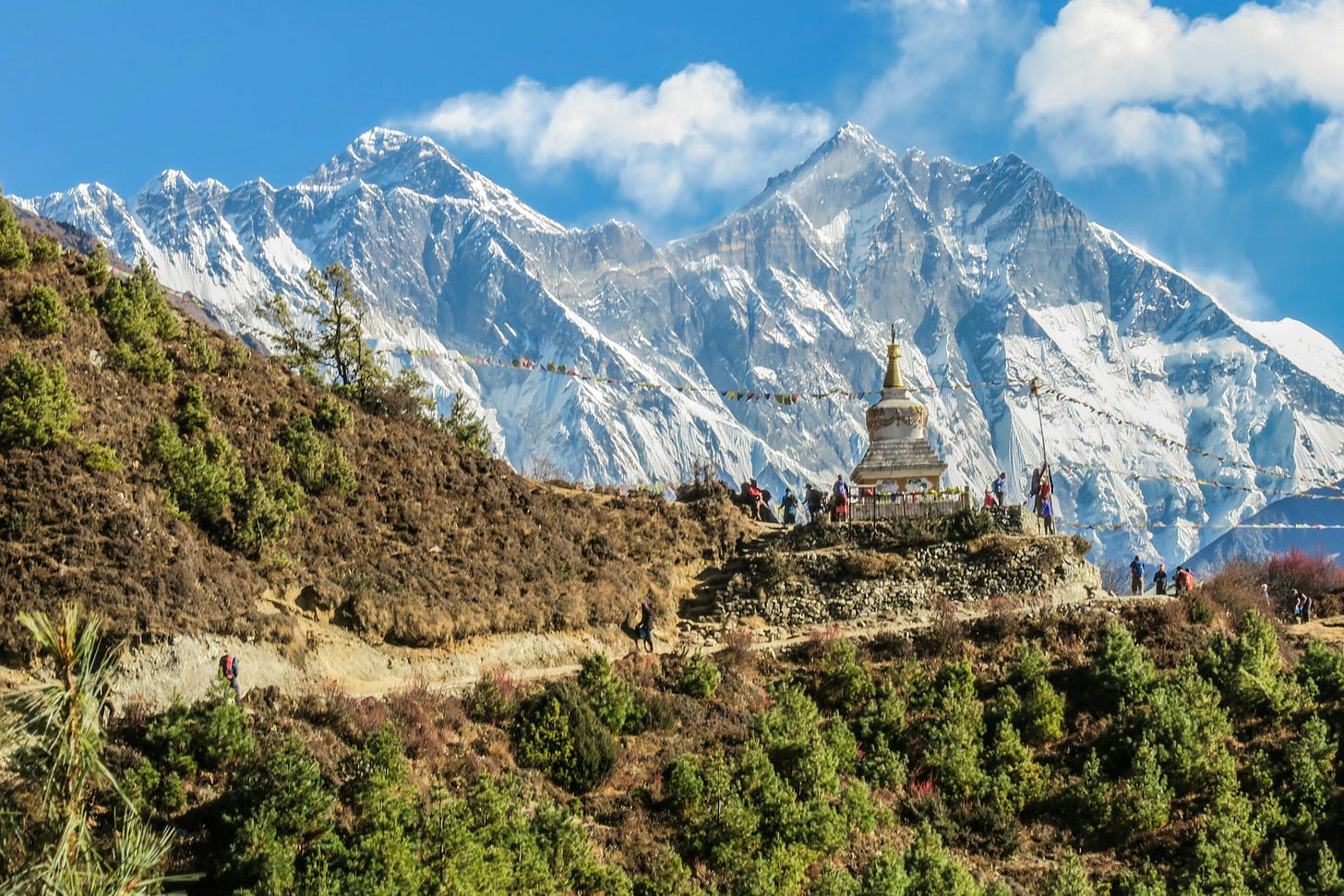Nepal Joins Global Race for Digital Nomads with Bold Visa Reform
More than just a legal permit, it is a policy experiment
In a significant move to attract the growing global community of remote workers, Nepal is set to launch a digital nomad visa, marking a strategic step in its broader 2025 Economic Reform Implementing Work Plan. As reported by Freaking Nomads on June 1, 2025, this initiative is designed to diversify the country’s tourism-dependent economy and integrate i…




